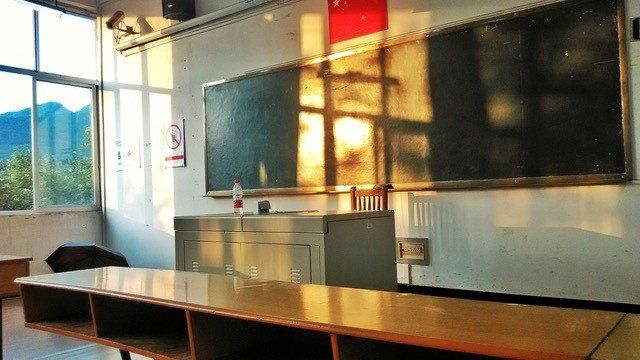The Stakes Couldn’t Be Higher

I am so proud of the dedication that educators across the UK and globally have shown to their pupils, both during lockdown and since schools have reopened. The move to distance and blended learning during lockdown was sudden and unexpected but educators rose to the challenge to keep children learning whilst also opening schools for the children of key workers and vulnerable pupils; distributing food, ensuring families had access to books and educational resources, computers and internet connections as well as supporting pupils’ mental health and wellbeing and ensuring that children remained safe.
School reopening has posed many new challenges. Ensuring schools are Covid-safe and secure is a huge responsibility for educators everywhere but in countries where many schools lack basic sanitary conditions, such as access to clean water, it is a huge barrier to safe reopening. Covid outbreaks among staff and pupils and enhanced restrictions continue to cause school closures locally, nationally and internationally.
The pandemic threatens to set back by decades achievement of Sustainable Development Goal Four (SDG4) which calls for inclusive, equitable and quality education for all. The impact on girls’ education in particular could be catastrophic without coordinated action to address this global education crisis.
According to UNESCO, over 875 million of the world’s students remain affected by COVID-19-related school closures, with the majority in Sub-Saharan Africa.(1) Many may never return to school as the economic impacts of the virus limit government spending on education and force families to make difficult choices between education and economic survival, particularly where schooling carries a financial cost. When family budgets limit the affordability of education, gender inequality means girls are most likely to lose out.
The Malala fund has analysed the impact of previous health and economic crises and finds that marginalised girls are more at risk than boys of dropping out of education altogether following school closures.(2) They estimate that approximately 20 million more secondary school-aged girls could be out of school after the Covid crisis has passed, if dropouts increase by the same rate as they did following the Ebola epidemic in Sierra Leone (3).
Girls who are out of school are more likely to face early marriage and motherhood, violence and domestic abuse. Save the Children has estimated that an additional 2.5 million girls are at risk of child marriage over five years and that adolescent pregnancies are expected to rise by up to 1 million in 2020, as a result of the economic impacts of the COVID-19 crisis.
The stakes couldn’t be higher. An educated female population leads to improved health, gender equality, democratic engagement and economic growth for an entire country.
The theme of this year’s World Teachers Day, ‘Taking the Lead’ celebrated the crucial role of educators during the pandemic. Now Governments and global institutions must accept their responsibilities to ensure that high quality, free public education for all, girls included, is at the front and centre of sustainable national and international global recovery plans.
1 UNESCO, African countries must build back equal for girls’ education & learn from the COVID-19 crisis (September 2020). Available at: https://bit.ly/2HFpSRs
2 Malala Fund, Girls Education and Covid-19 – What Past Shocks Can tell Us about Mitigating the Impact of Pandemics (April 2020). Available at: https://bit.ly/34Aj7sR
3 Ibid.




